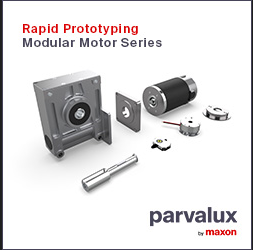Industrial AI and Robotics Controller System in Waste Recycle Industry
Servitization in Manufacturing: How to Stay on the Top
Rethinking the Purpose of a Corporation
The Challenges of Smart Manufacturing
Reaching New Levels of Operational Efficiency With Just-in-time Manufacturing
METROLOGY & INDUSTRY 4.0
What's the Difference Between a Servo Cable and Motor Cable?
How Digital Manufacturing Technology Can Fill the Talent Shortage
5 Ways Machine Learning Is Improving Manufacturing
Three Ways to Improve Production Line Modularity
Process Precision - How Motorised Equipment Aids Testing and Control in Manufacturing
No Manufacturing Work Shortage if Manufacturers Enroll and Engage Gen Zers
Vial Check - Intelligent Multi-camera System for Quality Control of Vaccine Bottles
Why Simulation Is Critical for Driving the Next Era of Manufacturing
Why Laser Technology Is a Good Automation Tool for Traceability
Records 706 to 720 of 1704
First | Previous | Next | Last
Automation & IIoT - Featured Product

